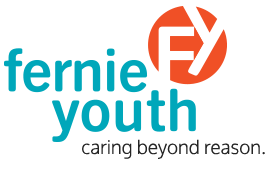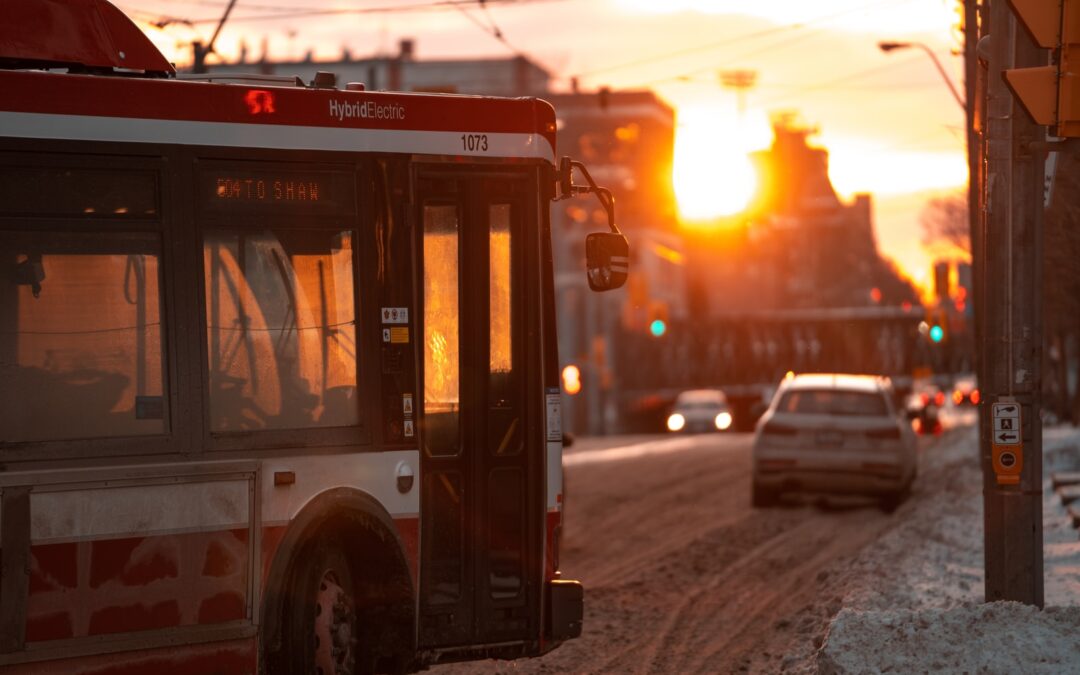Connection to services, opportunities, and employment has changed meaning significantly over the last two years as we found a way to make sufficient virtual options. Now that we are moving forward to a combination of in-person and virtual opportunities, we’re re-faced with a long-existing gap in cities – fair access to transportation.
Toronto is a bustling city with many job opportunities, but the transit access to employment is only high in the downtown core. Many Toronto communities with significant numbers of new immigrants and residents living under the poverty line are at risk of transport poverty. This means that people with a combination of transportation and social disadvantages will likely experience social exclusion and a lower quality of life. These areas or groups of people are often described as underserved communities because they’re experiencing barriers to employment, healthy food, health care and other life-enhancing opportunities where different communities experience little or no barriers. Fair access, in this context, means safe, affordable, and reliable transportation to life-enhancing services for people without a car.
These gaps in underserved communities generate risk for youth to fall into poverty, legal conflict, social exclusion, and so much more. Young people with a history of conflict with the law are already stigmatized and rejected from opportunities in society. Getting safely and timely from home to life-altering appointments or programs shouldn’t be another barrier to rehabilitation.
What can we do?
Fernie created the Community Access Program (CAP) to address the transportation needs of youth justice system clients. We aim to remove the barriers keeping young people from taking responsibility and changing their future. By coordinating with other youth justice programs and probation officers, we provide transportation, supervision, and basic supplies for youth to reintegrate into their communities with the tools to succeed.
After two years of isolation, our youth are excited to experience the relationships and changes that virtual connection doesn’t offer. They shouldn’t miss out on their futures because of unequal transportation.
You can help tear down the barriers and promote bright futures by educating yourself on the accessibility inequities around you, spreading awareness for services like CAP, and donating to programs you believe in.

